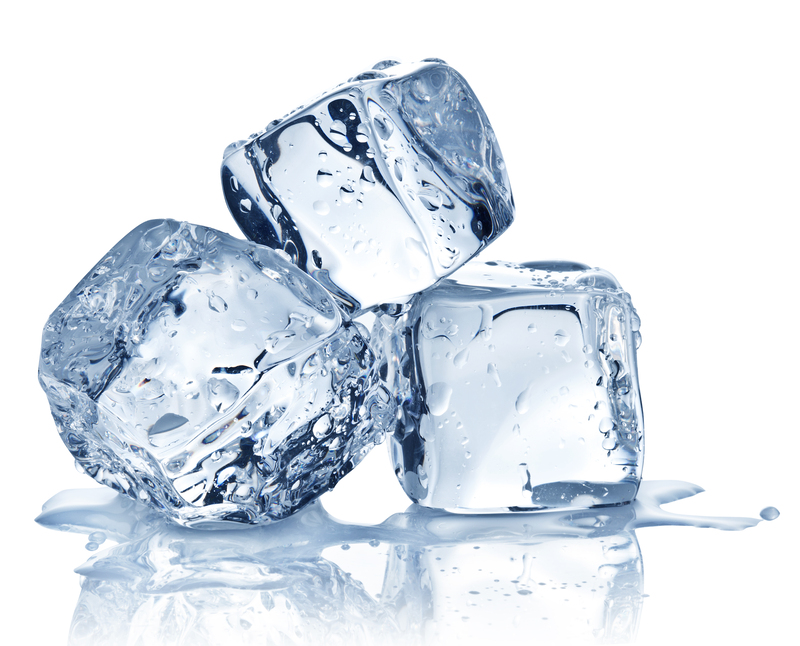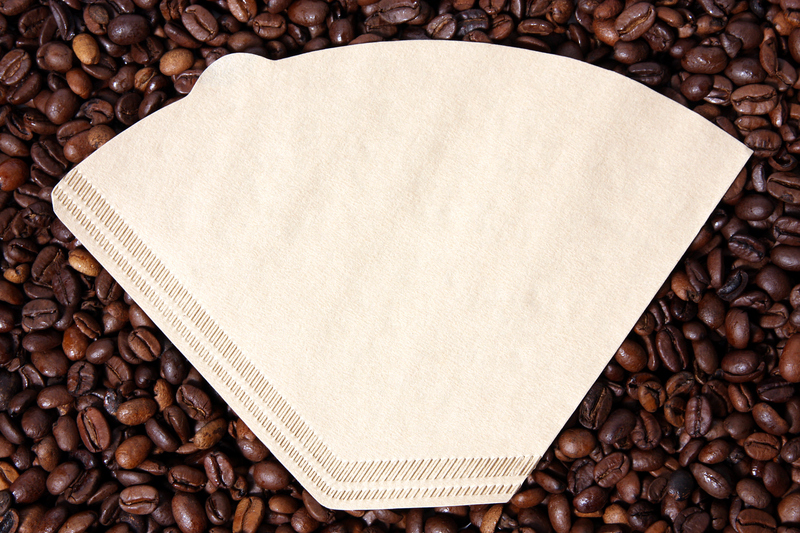How to Prevent Calcium Deposits in Your Household Appliances
Posted on 24/07/2024

Household appliances are essential for our daily lives, making household chores easier and more convenient. However, when calcium deposits build up in these appliances, they can start to malfunction and cause various issues. Knowing how to prevent calcium deposits in your household appliances can help save you time and money on repairs and replacements. In this article, we will discuss the causes of calcium deposits, common household appliances that are affected, and effective preventive measures.
The Role of Calcium Deposits in Household Appliances
Calcium deposits, also known as limescale, are caused by hard water. Hard water is water that contains high levels of minerals such as calcium and magnesium. When this water is heated or evaporates, the minerals form a white residue that accumulates on surfaces over time. This buildup can cause blockages and corrosion in your household appliances, leading to reduced efficiency and potential breakdowns.
Common Household Appliances Affected by Calcium Deposits
1. Washing Machines - The heating element and pipes in your washing machine can quickly become clogged with limescale due to frequent exposure to hot water.
2. Dishwashers - Similar to washing machines, the heating element and spray arms in dishwashers are prone to limescale buildup.
3. Coffee Makers - If you notice slow brewing times or strange-tasting coffee from your coffee maker, it may be due to calcium deposits compromising its internal components.
4. Kettles - The buildup of limescale in kettles can affect their performance and even transfer into your beverages.
Effective Preventive Measures
1. Regular Cleaning - The most effective way to prevent calcium deposits from building up is by regularly cleaning your household appliances according to the manufacturer's instructions. For example, descaling solutions can be used for coffee makers and kettles.
2. Water Softeners - Installing a water softener system in your home can remove minerals from your water before it enters your appliances, reducing limescale buildup.
3. Vinegar - For a natural and affordable solution, you can use white vinegar to remove calcium deposits from your appliances. Simply soak affected parts in equal parts vinegar and water for a few hours and then rinse thoroughly.
4. Filtered Water - Using a water filter can also help reduce mineral content in your water, preventing limescale from forming in the first place.
Pros and Cons of Preventing Calcium Deposits
Pros:
- Longer lifespan of household appliances
- Saves money on repairs and replacements
- Improved energy efficiency
- Better quality of coffee and other beverages
Cons:
- Regular maintenance is required
- Some preventive measures may require an initial investment
- Hard water is still safe for consumption, so using softened or filtered water is a personal preference.
Tips for Preventing Calcium Deposits
1. Use hot water settings sparingly: Frequent exposure to hot water can speed up the accumulation of limescale in your appliances.
2. Check your appliance's manual: The manufacturer's instructions will often include cleaning recommendations specific to your appliance.
3. Monitor your water hardness level: You can purchase test strips to determine how many minerals are in your water and adjust your preventive measures accordingly.
Takeaways
Calcium deposits can cause significant damage to your household appliances over time. Taking preventative measures such as regular cleaning, using softeners or filtered water, and monitoring your water hardness level can save you time, money, and frustration down the road. Remember to check your appliance manuals for specific cleaning instructions and consider investing in a water softener system for long-term prevention.
Conclusion
Now that you know how to prevent calcium deposits in your household appliances, you can take action to protect them from potential damage. Keep in mind that regular maintenance and some initial investments may be necessary but will ultimately prolong the lifespan of your appliances and save you money in the long run. By following these preventive measures, you can enjoy efficient and functional household appliances for years to come.

Latest Posts
Discover Easy Ways to Banish Pet Odors at Home
The Secret Formula for Streak-Free Windows
Unleash the potential of your uPVC frames with these cleaning tips





